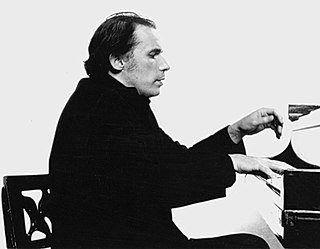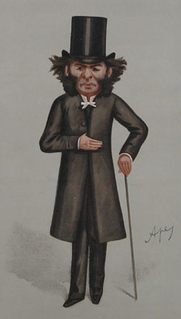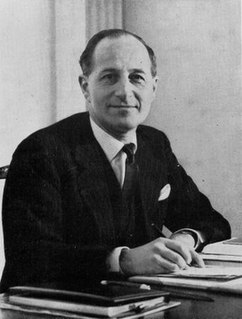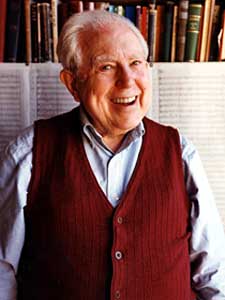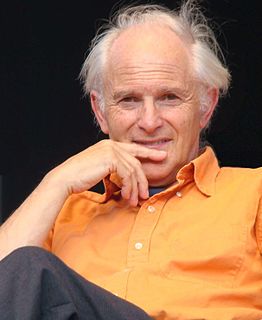A Quote by Stephen Hough
Schubert, Franck, and Liszt were all Roman Catholics who questioned or doubted or lived in different ways, and religion was certainly part of all their lives.
Related Quotes
It is frightfully hard to explain to Protestants that if you give Roman Catholics a good job and a good house, they will live like Protestants...they will refuse to have 18 children.... If you treat Roman Catholics with due consideration and kindness, they will live like Protestants in spite of the authoritative nature of their Church.
When people listen to my music, I hope that they will notice that if you take a piece by a composer like Schubert, the major and the minor triad is an extermely important thing not merely as harmony, but in creating melodic lines. Schubert is always walking up and down with arpeggios on C, E, G and so forth. I am not doing anything different really, except using a different system of harmony.
The form of religion was always a trivial matter to me. ... The pageantry of the Roman Church that first mothered and nurtured me touches me to this day. I love the Protestant prayers of the English Church. And I love the stern and knotty argument, the sermon with heads and sequences, of the New England Congregationalist. For this catholicity Catholics have upbraided me, churchmen rebuked me, and dissenters denied that I had any religion at all.
At no point do I ever remember taking religion very seriously or even feeling that the biblical stories were any different from fairy stories. Certainly, none of it made any sense. By comparison, the world in which I lived, though I might not always understand it in all aspects, always made a lot of sense.

